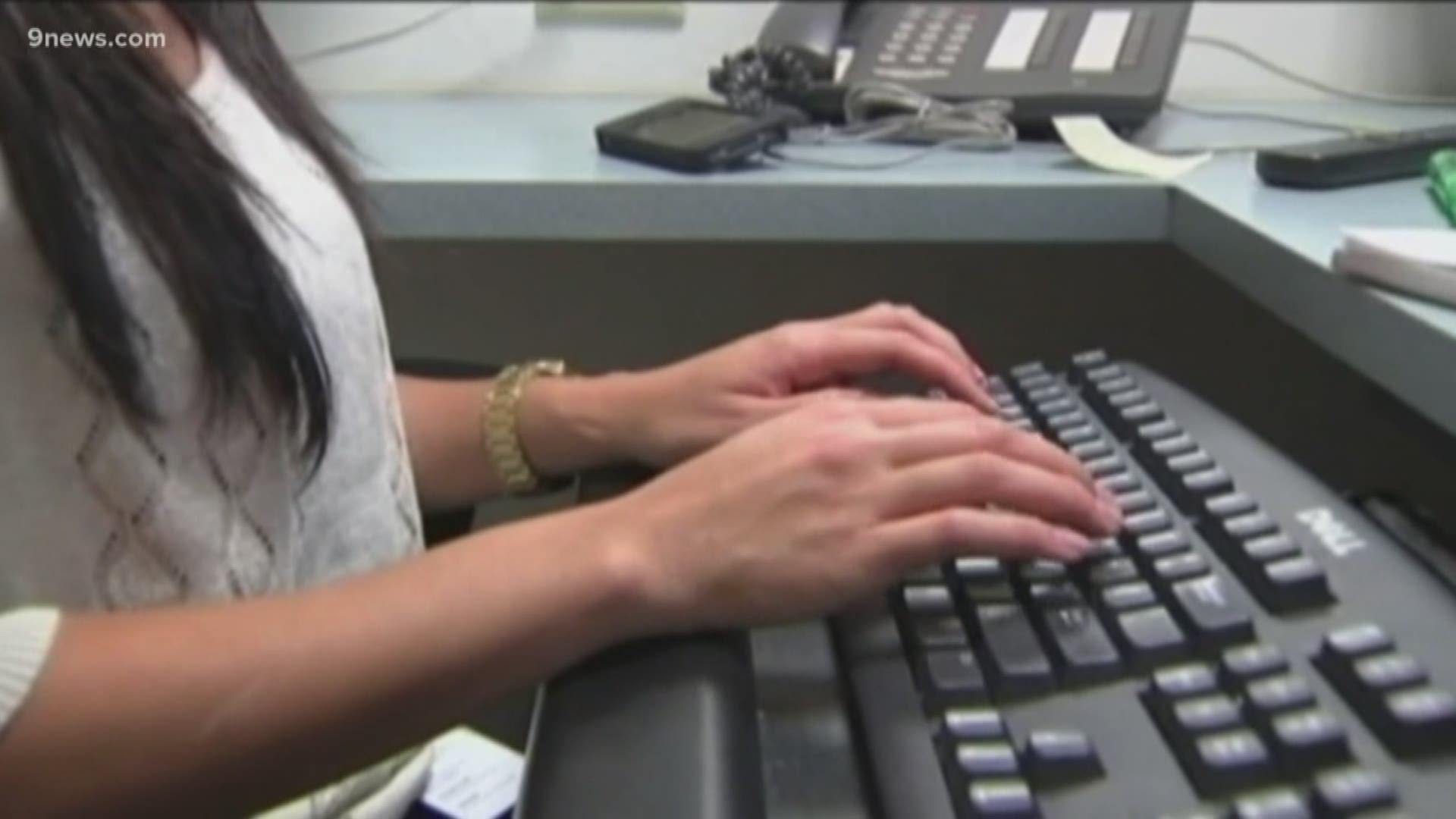Burnout can affect anyone, but studies show some professions are at a higher risk, specifically medical professionals, educators and law enforcement officers.
In this week's "Your Best Life,” 6 News Anchor Leslie Draffin took a closer look at high burnout jobs. She talked to a therapist to find out what burnout is and how to help yourself if you're feeling burned out.
The World Health Organization defines burnout as "feelings of energy depletion or exhaustion; increased mental distance from one's job, feelings of negativism or cynicism related to one's job; and reduced professional efficacy."
It can affect anyone. But some professionals feel it more than others and it's more than just having an off day.
"Everybody has a bad day. We all have a day where we are tired or where we feel sick, or where we just don't feel like doing our work and burnout is getting to a point where human beings are like volcanoes and it's like if you just keep packing it in for long enough, at some point, there is this explosion that happens."
Licensed Professional Counselor Bethany Matheson says burnout can manifest in physical symptoms like stomachaches, headaches and dizziness but can also include major energy crashes, extreme exhaustion, anxiety and depressive symptoms.
"It becomes very emotional and I think a lot of people experience so much shame, because they probably love their job or at least maybe have enjoyed their job a lot and it gets to a point where, if you are truly burned out the enjoyment or your performance has probably dropped significantly because you know there's all of this stuff happening in your body, and in your brain that's telling you, 'I'm not safe, this isn't good. I can't keep doing this anymore.'"
When Donna Ward experienced burnout several years ago she described it as a meltdown.
"It took me just emotionally breaking down one day. Just the moment I got to work to the time I went to bed. I think I cried all day."
The former teacher and school principal now works in HR for Temple ISD and knows firsthand how prevalent burnout is in her industry.
"About 36 percent of our teachers leave the profession within one to six years. And so absolutely, it's something that we're worried about something that we want to be proactive about, to ensure that we can keep teachers in the field."
"Teachers have a tendency to take care of everyone else, but not themselves. And so they may be tired, because they've stayed up late. They, they just don't think about themselves. And so that is a concern. Because our teachers need to be emotionally stable, they need to be healthy emotionally. And they spend so much time putting other people first, that they don't realize the impact it has on themselves."
Law enforcement officers are also on the list of careers with high burnout rates.
"It is something that the reality of our profession, you know, we deal with people, many times we meet them on their worst day."
Belton Police Chief Gene Ellis says his department provides resiliency training so officers learn to handle all the ways their job impact their health and happiness.
"Focus on resiliency, the ability to bounce back, but not just bounce back, but bounce back and thrive."
So what should you watch out for when it comes to burnout? Matheson says, feeling checked out more than normal can be an early sign.
And it's important to find ways to combat burnout. For her, that's seeing her own therapist and practicing yoga.
"Physical activity is so hugely important. Whether Yoga is your thing or whether it's walking or jogging or playing sports. Your body needs that outlet."
Ward takes time to connect with friends and family more often while disconnecting from work.
"So for me, it's just about unplugging from the job to take care of myself and my emotions."
In the end, Matheson says if you're feeling burnout, know it doesn't have to be forever.
"I think that sometimes people don't realize how, like intrinsically valuable they are and that they, they deserve to be living a full life and not just surviving their life.
Popular on KCENTV.com:

